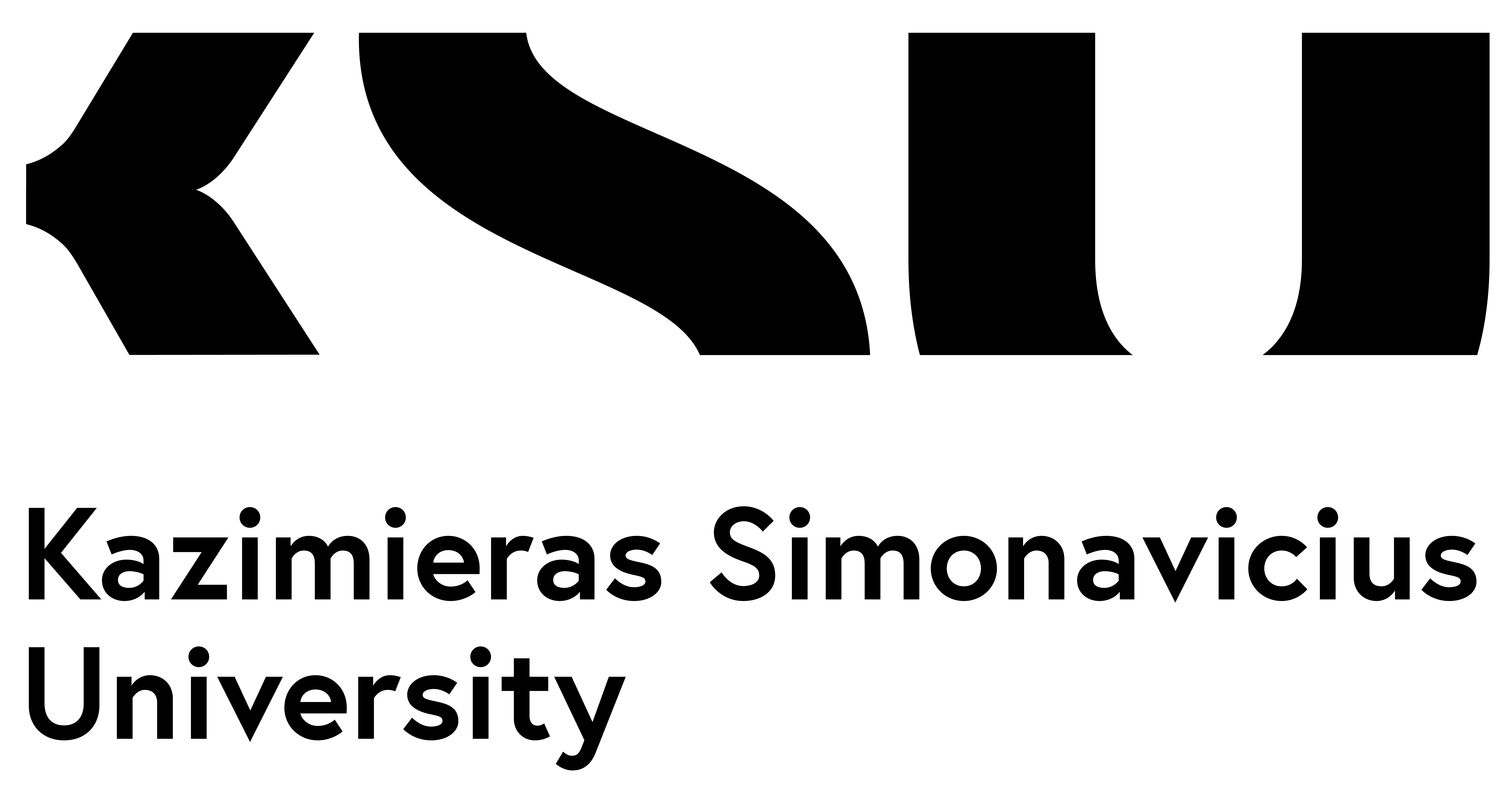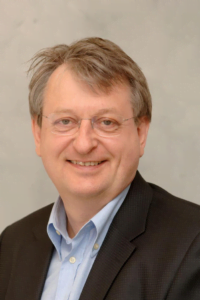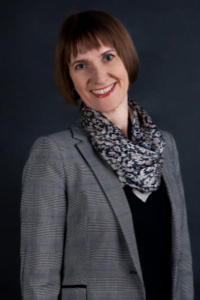07.08-18.08.2023, RIGA, LATVIA
(arrival date 6.08.2023, departure date 19.08.2023)
The world is coping with a wide range of challenges such as migration, cyber-attacks, organized crime and other new challenges, including a recent (current) virus-led crisis. In the past years these challenges have also become security issues of importance to many European countries. There is a need for professional, well trained specialists who can realize sound security risk management at various levels and in different kinds of organizations.
This course will help students to explore subject of security risk management, students will develop skills and gain knowledge about planning and implementing security management in different organisations, will learn how to identify and manage security risks.
IF YOU WOULD LIKE TO LEARN MORE ABOUT SECURITY AND HOW TO MAKE YOUR COMPANY OR ORGANISATION SECURE AND HOW TO PREVENT THE SECURITY RISKS – APPLY FOR THIS 2 WEEKS INTENSIVE COURSE!
Target group: Bachelor and Master level students are welcome to apply (last year students are not eligible). Course will be interesting and useful not only for security program students, but also for anyone who is interested in security and risk management subject.
Participants: 5 students from each country – Latvia, Lithuania, Finland, Spain, Norway and the Netherlands.
Teachers: from Latvia, Lithuania, Finland, Spain, Norway and the Netherlands.
3 ECTS credits will be awarded for the completed course.
Partners:
Turiba University, Latvia, www.turiba.lv
Laurea University of Applied Sciences, Finland
Avans UAS, The Netherlands
Nord University, Norway
Fundació Universitat Autònoma de Barcelona, Spain
Kazimieras Simonavičius university, Lithuania
Security professionals’ association, Latvia
Costs:
Course is free of charge and organisers will cover all basic costs related to the course – travel to Riga, accommodation, catering, limited amount of local public transport costs, study visits, excursions, and several free time activities.
What we will provide for you?
We will buy bus ticket for you, will organise pick-up service from bus station, will provide accommodation in our students hotel (4 bedded rooms), provide catering (breakfast, lunch and dinner during working days), public transport and several study trips and free time activities. Also, study materials will be provided by Course organisers.
IMPORTANT! Basic rules of the course
Any student who participate in the course have to attend at least 80% of all lectures, group work and field trips organised by the University.
In order successfully graduate the course and receive 3 ECTS, you will need to pass the final test.
Applications
Please complete and send APPLICATION FORM to international@ksu.lt till 1 June.
Selection will be based on the following criteria:
- motivation to participate in the course;
- academic results;
- recommendation from the Head of your Faculty.







 The Center of IP, Media and Innovation Law (University for Continuing Education Krems, Austria) hosts the first DDM4SME Conference on Data Economy Law (DELCON) on June 26, 2023 in Krems (Austria).
The Center of IP, Media and Innovation Law (University for Continuing Education Krems, Austria) hosts the first DDM4SME Conference on Data Economy Law (DELCON) on June 26, 2023 in Krems (Austria). From Monday 27 March until Friday the 31th Businet Moot Court Competition will be organized by the Businet Law Group in cooperation with Kazimieras Simonavicius University.
From Monday 27 March until Friday the 31th Businet Moot Court Competition will be organized by the Businet Law Group in cooperation with Kazimieras Simonavicius University.